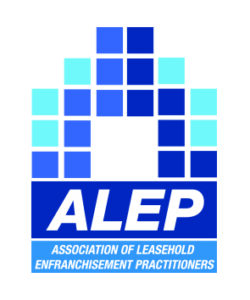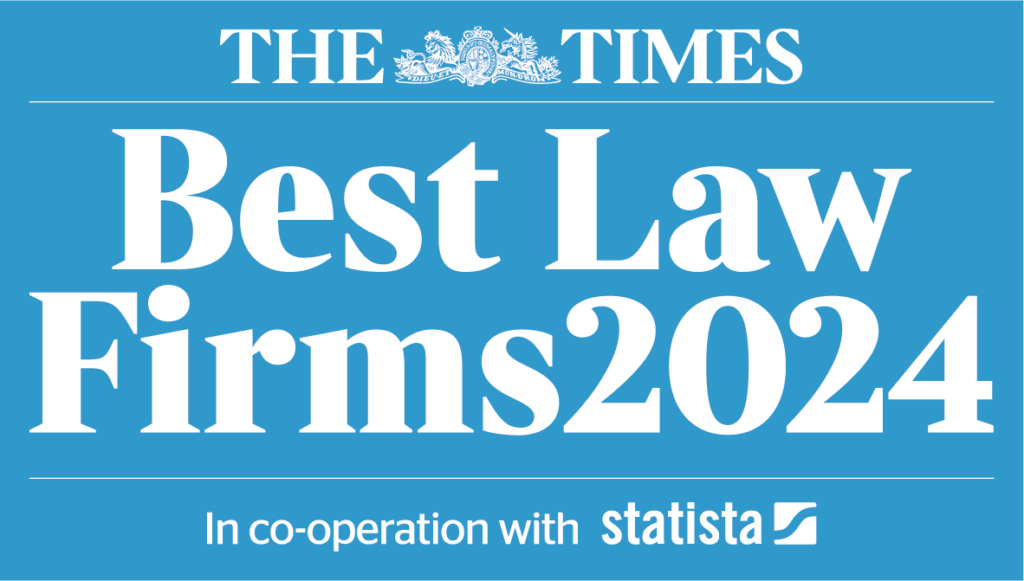Property Lease & Extensions
Whether you are a Landlord or a Tenant, our Property law team has specialists in lease extensions and enfranchisement of leasehold houses.
Property Lease Solicitors
Introduced to restore the historical imbalance between the inherently disadvantaged Tenant and the monopolistic Landlord, laws on leasehold enfranchisement now provide for a breadth of collective and individual rights.
We offer a full range of services for both Landlords and Tenants in relation to:
- Lease extensions of flats and houses (both under the statutory procedure and by private treaty)
- Enfranchisement of leasehold houses
- Collective Enfranchisement and Rights to Manage for groups of tenants
- Rights of First Refusal
- Landlord & Tenant Disputes
Introduced to restore the historical imbalance between the inherently disadvantaged Tenant and the monopolistic Landlord, laws on leasehold enfranchisement now provide for a breadth of collective and individual rights.
It’s important to understand the rights available to you if you are a Tenant to ensure you are able to maximise the value of your asset, and it is equally important for Landlords to be aware of what rights their tenants have to ensure that they deal with their reversionary estate in the best way possible. We would suggest that you contact us to discuss your options at the earliest opportunity to ensure that you take the best steps forward in realising your property value. We offer initial consultations free of charge and are always happy to host video calls for individuals, landlords or groups of tenants (or in person when permitted) to explain the process and how we can help.
The Leasehold Advisory Service is an excellent resource and one stop shop for initial advice, facts and figures.

Members of ALEP
As a member of ALEP (Association of Leasehold Enfranchisement Practioners) we have been vetted to ensure that we have significant expertise in leasehold enfranchisement. Membership of ALEP acts as a badge of assurance so that landlords and tenants can be confident that they are employing professionals with the right level of experience in handling potentially complex transactions.
Our landlord and tenant lawyers at Herrington Carmichael offer a wide range of legal services to assist in all areas of landlord and tenant law, dealing with commercial property matters across all sectors. We act for domestic and international owners and occupiers of commercial properties, investors, PLCs, start-ups, enterprises, trusts and charity landlords and tenants.
Our team provides pragmatic, commercial and high-quality advice to both Landlord and Tenants in respect of business leases and other commercial property arrangements.
Working alongside our Firm’s other exceptional departments, such as Real Estate Dispute Resolution, Corporate and Banking means we can offer a multi-disciplinary service at the highest quality to all of our clients- all in the same place.
The Landlord and Tenant team combines technical expertise across all aspects of the property sector, including:
- Offices
- Retail
- Leisure and hospitality
- Industrial and logistics
- Healthcare.
FAQs
What is a lease extension?
A lease extension is the method by which a leaseholder extends the term of their lease. Leases of both flats and houses exist and are capable of extension.
Can I extend my lease?
Provided certain criteria are met you could benefit from the right to extend the lease of your flat or house under legislation. A lease extension carried out in this manner is referred to as a statutory lease extension.
When should I extend my lease?
There is no one answer, but we would advise that you extend your lease in advance of the term dropping below 80 years unexpired. If a lease term is below 80 years the cost of extending the lease increases as an additional ‘Marriage Value’ forms part of the calculation of the premium. Please see below ‘What is Marriage Value?’
Why should I extend my lease?
A lease is a depreciating asset. As the term of the lease decreases its value decreases and the cost of extending the term becomes more expensive.
How much does it cost to extend your lease?
There are a number of online tools and calculators which can assist you with estimating the cost of your lease extension and we would refer you to the calculator on the LEASE website https://www.lease-advice.org/calculator/ please bear in mind this provide you with an estimate only.
To obtain an accurate indication you will need to instruct a specialist valuer with expertise in leasehold valuation, and this is usually the starting point for a statutory lease extension.
If you are negotiating a premium directly with your landlord then there is no rule of thumb, but the premium will usually be by reference to the cost of lease extensions carried out on other properties within the same development, or other similar properties with same existing lease terms.
We would in all cases suggest that you speak to a leasehold valuer to ensure that any premium put forward by your landlord directly is at least as ‘good a deal’ as that which you would likely obtain following the statutory procedure’.
How long does it take to extend your lease?
The time taken to extend a lease depends on a number of variables including the number of parties involved and agreement on the premium and specific terms.
A statutory lease extension is dictated by a timetable that must be adhered to and matters generally take a number of months between serving of notice for claim of a lease extension and completion of the matter.
Lease extensions outside of the statutory procedure tend to proceed more quickly in light of the fact that the premium and any revised lease terms will have been agreed at the outset usually.
Legal Insight
Meet the Teams
Related expertise
Best Law Firms 2024
Herrington Carmichael has once again been named in the Times Best Law Firms. We were first listed in 2023 and have once again made the Best Law Firms list for 2024.




















